the comparison game
Looking for safety
Take a moment to think about how how often you compare yourself to others. What are you needing when your rapid-fire comparison meter takes over?
Do I belong here – they all look so trendy?
I must be doing well since at least I’ve saved more for retirement.
Whether positive or negative, instinctively making comparisons is a way of seeking safety. “Do I fit in enough to be part of this group?” or “I’m different (separate) from that irresponsible person.”
But we aren’t creating safety. In fact, we are creating misery.
Do I belong?
The drive to compare ourselves comes from a primitive part of our minds that really just wants to be assured that we belong. Sadly, our ability to accurately assess that is based on the lens through which we see ourselves. Our capacity to see clearly (or not) is directly tied to our earliest childhood experiences of belonging (or lack of them).
Who are you?
the superhuman
Some of us are wired to expect that we’ll end up on top. If we are not exceptional, then who are we? For a moment, we feed off the elation. But actually, success gives us only brief respite from the fear of failure. It’s temporary. “Yes, I did that well, but now there is this other thing...” There is a desperate need for success each time in order just to feel okay. We exhaust ourselves!
the underdog
Others of us are wired to believe we don’t measure up in whatever comparison match-up. If we are lucky enough not to give up, we believe that hyperfocusing on all the ways we come up short actually inspires us to do better. We instinctively beat ourselves down in order to dig deep, try harder, and perform better. That strategy can work successfully for a time…until we burn ourselves out. How would it feel to be told multiple times a day that we didn’t measure up? Pretty soon it becomes a foregone conclusion and we look for examples to support it. We are familiar with these patterns and we become stuck.
toxic shame
Believing our value is based on our level of success is called toxic shame. It’s a painful relic of our upbringing and an example of complex trauma (CPTSD). We box ourselves into narrow “win or lose”…”good or bad” assessments. Shame keeps us stuck. And we burn loads of vital life energy stuck in these shame spirals.
Toxic shame is an indication that we haven’t yet learned that we are worthy, just as we are. We don’t have to prove our value to know that we, like the leaves on a tree, the birds in the sky, and the clouds in the air are an important part of this universe, just by being who we are. In fact, we are each a special and unique expression of humanity that cannot be copied or replaced. Take a moment to take that in, out of the 8 billion people in this world, you are the only YOU on this earth!
new path forward
There is a way out of a life limited by toxic shame. It’s called complex trauma healing. Next time you notice yourself in the comparison game, get curious. What are you needing at that moment? What is the fear?
When we get scared, we instinctively speed up. But slowing down allows us to recognize that we have a choice on how to proceed.
We can follow our well-worn patterns and get caught in familiar shame spirals, or we can realize there is another option. This option is far more life-giving than life-sucking. It comes from that kind, gentle voice (that might initially sound like a foreign language!) that was not likely instilled in childhood.
“It’s okay, this is a high-pressure situation, of course I’m going to be nervous.”
“It’s just one test, it will not determine the outcome of my life.”
“They have more wealth but it doesn’t mean there is something wrong with me.”
Time for a change?
If self-kindness and self-compassion feel absolutely foreign, it’s okay. It’s going to feel weird if you’ve been on a shame spiral loop for most of your life. But now you have a choice – do you stay in that familiar and predictable pattern of shame, or are you ready for an unfamiliar but freeing response that will lead you to a new place? Maybe it’s time for the change you deserve.
The power to heal is within you. Sometimes it takes the support of another person to help you access it. A therapist skilled in complex trauma healing can help work with the parts of you that want to change AND the parts that are invested in resisting it to ‘keep you safe.’ That can be a complex and confusing place to be by yourself. Recognizing that you are ready for a change and asking for help can be the first and most courageous step to new beginnings.


